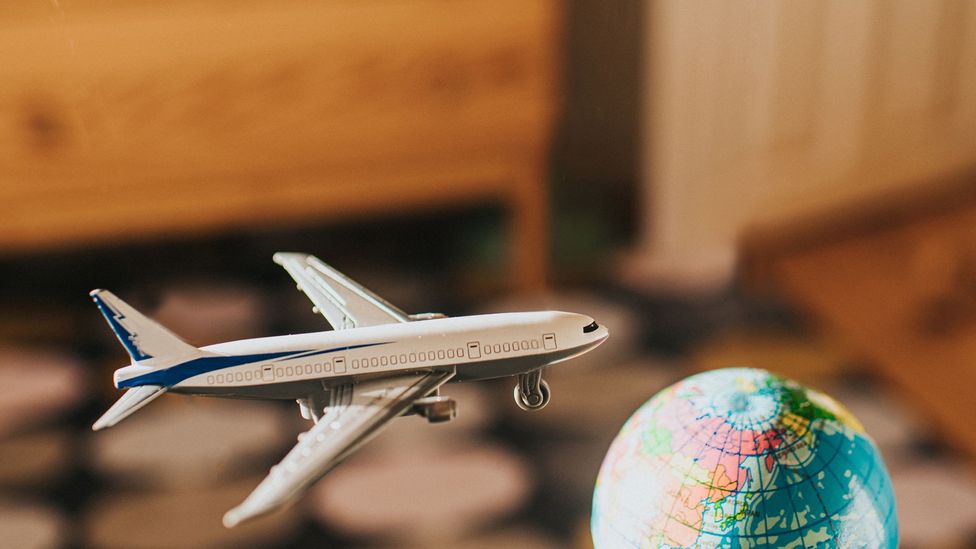Long gone are the days when an airline passenger is able to go straight to the gate and catch their flight. As you all know, the way we think about travel has been profoundly changed the events of Sept. 11 and their aftermath. These shifts have had a practical and psychological impact on all of us. Most of these changes have taken place in the airline industry although other parts of the travel industry and the nation as a whole have been forced to adjust also. Immediately after Sept. 11, as you know, travel was drastically reduced virtually across the planet. In the past year, it has been steadily picking up. However, in most cases, it has not reached pre-September 11 levels. Domestic travel In the United States has recovered much more quickly than international travel. In fact, domestic travel has been very strong this summer, with some destinations such as the national parks are reporting record breaking numbers of visitors. International travel has been picking up too, but more slowly. Recently, more people are beginning to plan international trips again.
How has Sept. 11 affected the traveler? Well, many of you are no doubt familiar with the practical changes that have come about after 9-11. These have especially impacted air travelers. Airport security is much tighter. Access is much more rigorously restricted. Long lines are visible inside terminals and sometimes along the sidewalks outside the airport buildings. In short, you have to wait longer and in more lines than you used to. As a result, whether you are flying domestically or internationally, it is https://guides-info.org/ to arrive at airports earlier than before, and make sure that all your documents are in order. One of the more drastic changes is that all security screeners at United States airports have been professionally trained. Passenger’s carry on items are passed through an X-ray machine where they are checked for what in today’s terms are considered dangerous items such as knives, corkscrews, etc. Until just recently, scissors were considered a threatening item. They are now allowed in carry-on bags as long as they are no more than 4″ at blade length. Screeners are now more frequently performing random searches of baggage and performing passenger pat downs. 100% of all checked baggage is checked for explosives and other dangerous items. Now all passengers are required to go to the ticket counter before check in. Passengers must have some form of government issued ID such as a state drivers’ license or passport. If you do not have ID, you are not getting on an airplane. Most airports allow only ticketed passengers to go to the departing gate, and you now have to walk quite a stretch before your loved ones can greet you upon arrival.




